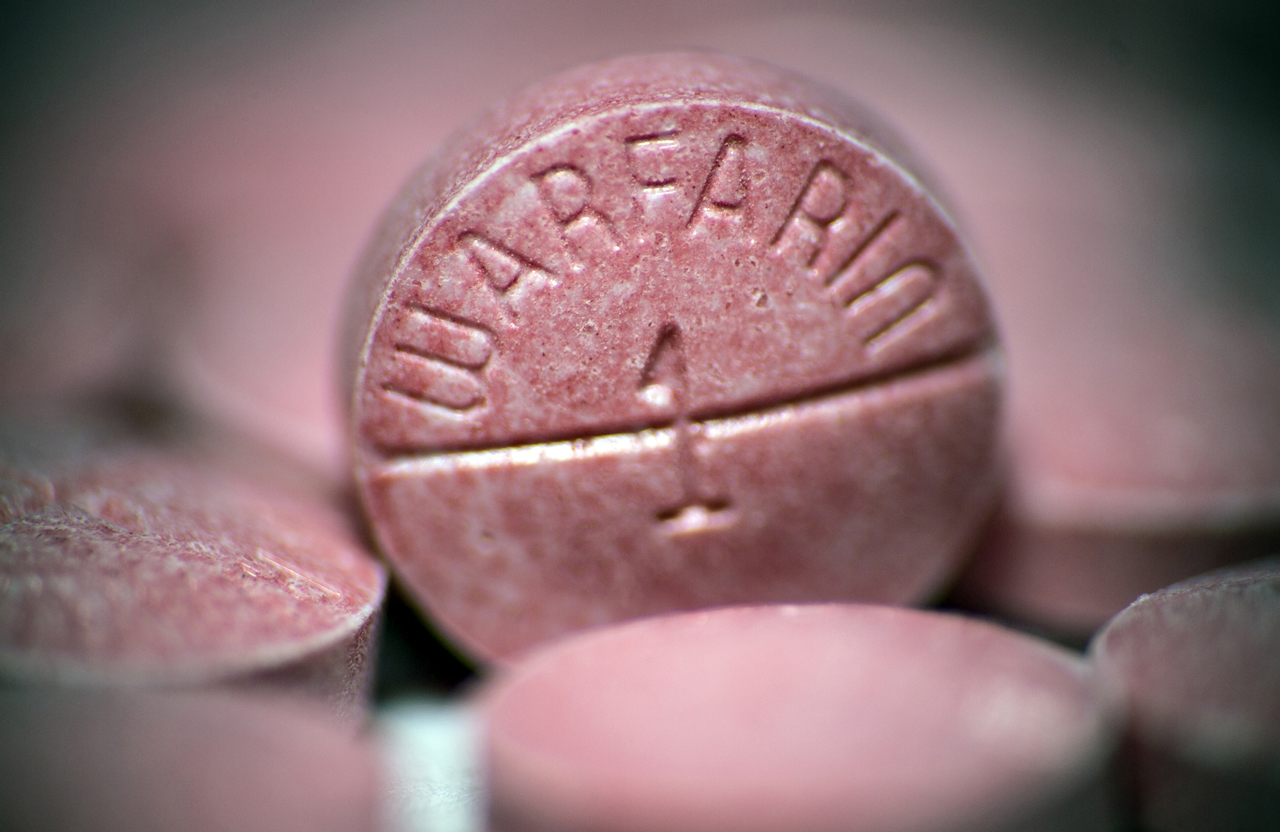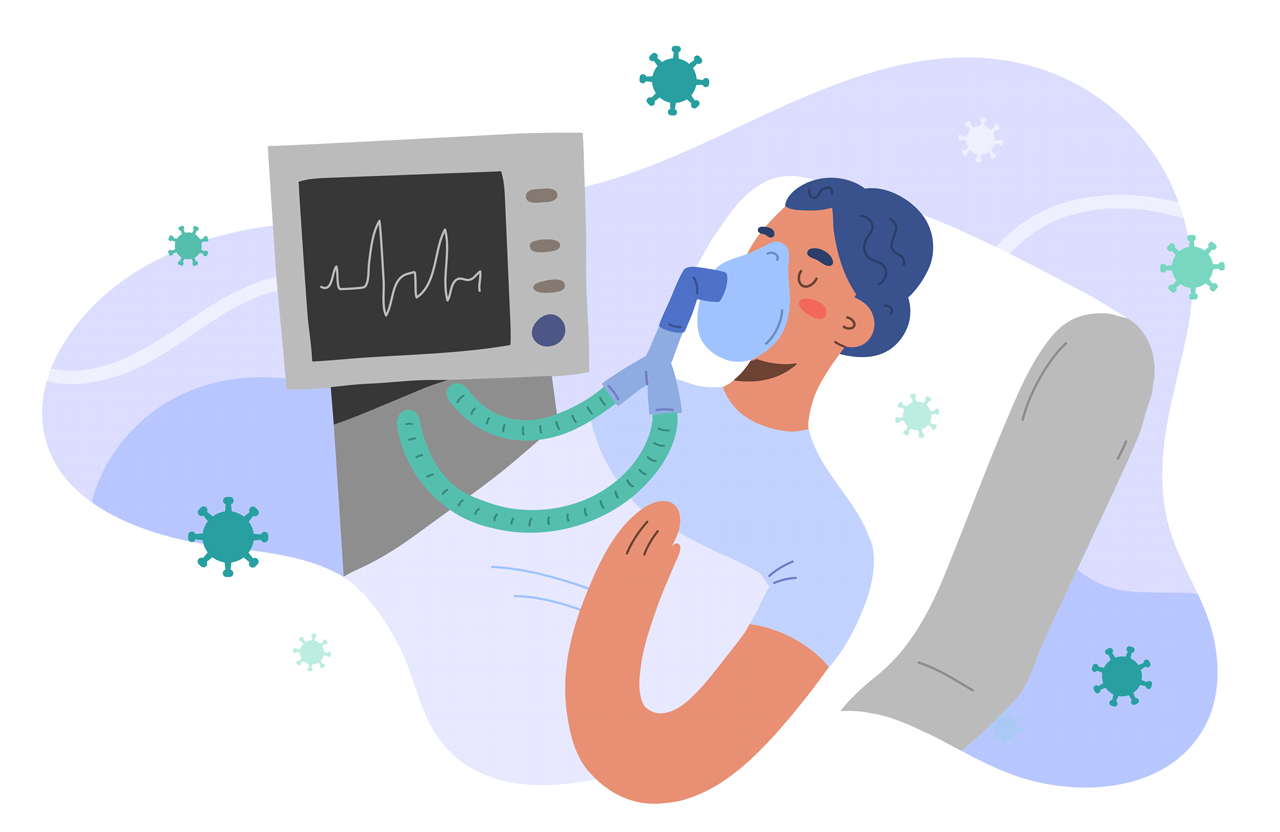DOACs seem to outperform warfarin for patients with valvular AF

Direct oral anticoagulants (DOACs) are associated with better outcomes than warfarin among patients with valvular atrial fibrillation (AF), according to a study published on March 30, 2021, in the Annals of Internal Medicine. Although DOACs are increasingly used in place of warfarin, evidence about their effectiveness and safety in patients with valvular AF has been limited.
Researchers at the University of Pennsylvania, the University of Florida, and the University of Michigan performed a new-user retrospective propensity score–matched cohort study using a U.S.-based commercial health care database from January 1, 2010, to June 30, 2019.
Among over 56,000 patients with valvular AF matched on propensity score, use of DOACs (vs. warfarin) was associated with lower risk for ischemic stroke or systemic embolism and major bleeding events. The authors concluded that patients with valvular AF who were new users of DOACs had lower risks for ischemic stroke or systemic embolism and major bleeding than new users of warfarin.
Oral doxycycline may be effective for early neurosyphilis

Although early neurosyphilis is often treated with penicillin-based antibiotics, such parenteral penicillin therapy for early neurosyphilis is not always suitable, especially for patients with severe penicillin allergy. In a study published on March 30, 2021, in the Journal of Antimicrobial Chemotherapy, researchers from 56 Dean Street and Chelsea & Westminster Hospital (London) showed that similar clinical and serological outcomes can be achieved using doxycycline treatment.
Eighty-seven patients diagnosed with early neurosyphilis between January 2015 and October 2019 at 56 Dean Street, a combined sexual health and HIV service based in London, were included in the study. Participants’ median age was 35 years, with 53% HIV-1 positive and 40% previously diagnosed with syphilis at any stage. Patients were treated exclusively with either I.M. procaine G penicillin (71%) or oral doxycycline (18%).
Patients received doxycycline treatment because they refused I.M. treatment (31%), were unable to attend for I.M. injections (31%), or were allergic to penicillin (19%).
Serological response was achieved by all patients, with 91% reporting full symptom resolution at 30 days from end of treatment. Similar rates of clinical and serological response and seroreversion were observed in the groups treated with penicillin versus doxycycline.
The authors noted that a randomized controlled trial is needed to establish doxycycline’s effectiveness in the treatment of early neurosyphilis.
Dexamethasone safe in preventing postsurgery nausea
Although dexamethasone is often used to prevent nausea and vomiting after surgery, concerns have been raised that it may increase the risk of surgical-site infection. A recent study in the May 6, 2021 issue of the New England Journal of Medicine showed that dexamethasone was noninferior to placebo in the incidence of surgical-site infection within 30 days after nonurgent, noncardiac surgery.
More than 8,600 adult patients who were undergoing surgery of at least 2 hours’ duration, with a skin incision length longer than 5 cm and a postoperative overnight hospital stay, were randomly assigned to receive 8 mg of I.V. dexamethasone or a placebo while under anesthesia. Randomization was stratified according to diabetes status, and the primary outcome was surgical-site infection within 30 days after surgery.
Of the 8,678 patients included in the primary analysis, surgical-site infection occurred in 8.1% of patients receiving dexamethasone and in 9.1% receiving a placebo. The results for patients with diabetes were similar to those of the primary analysis. The authors concluded that a single dose of dexamethasone can be used safely to prevent postoperative nausea and vomiting without excess risk for infection.
Baclofen can reduce agitation in ICU patients

Critically ill patients who exhibit symptoms of unhealthy alcohol use can become agitated when receiving mechanical ventilation in the ICU. A study published in the February 23, 2021, issue of JAMA showed that high-dose baclofen can prevent alcohol withdrawal–related agitation.
More than 300 patients participated in a Phase III double-blind, placebo-controlled, randomized clinical trial conducted in 18 ICUs in France between June 2016 and February 2018. Patients were treated with baclofen, adjusted from 50 mg to 150 mg per day based on estimated glomerular filtration rate, or placebo during mechanical ventilation up to a maximum of 15 days before gradual dose reduction over 3 to 6 days.
The primary endpoint was the percentage of patients with at least one agitation-related event during the treatment period. Secondary outcomes included duration of mechanical ventilation, length of ICU stay, and 28-day mortality.
During the study, 19.7% of patients receiving baclofen experienced an agitation-related event, compared with 29.7% in the placebo group. Of 18 prespecified secondary endpoints, 14 were not significantly different between the two groups. However, the baclofen group had a significantly longer median length of mechanical ventilation (9 vs. 8 days) and stay in the ICU (14 vs. 11 days).
At 28 days, there was no significant difference in mortality in the baclofen group compared with the placebo group, but delayed awakening occurred in 14 patients (8.9%) in the baclofen group versus 3 patients (1.9%) in the placebo group.
The authors concluded that although high-dose baclofen significantly reduced agitation-related events, further research is needed to determine the possible role of baclofen in treating this patient population given the modest effect and totality of findings for secondary endpoints and adverse events.
Preventing VTE in critically ill COVID-19 patients
Venous thromboembolism (VTE) is the most commonly reported thrombotic complication of COVID-19, with approximately 28% of critically ill patients with COVID-19 experiencing VTE. However, limited data are available to guide the intensity of antithrombotic prophylaxis.
A recent study published in the April 27, 2021, issue of JAMA evaluated the effects of intermediate-dose versus standard-dose prophylactic anticoagulation medication among patients with COVID-19 who were admitted to the ICU. The researchers found no statistically significant differences in the primary outcome between the two groups.
Among the 562 patients included in the study, 276 patients were given intermediate-dose enoxaparin (1 mg/kg daily), while 286 patients were given standard prophylactic anticoagulation enoxaparin (40 mg daily with modification according to body weight and creatinine clearance). The primary outcome was a composite of venous or arterial thrombosis, treatment with extracorporeal membrane oxygenation, or mortality within 30 days, which were assessed in randomized patients who met the eligibility criteria and received at least one dose of the assigned treatment.
The results showed that the primary outcome occurred in 45.7% of the patients given intermediate-dose enoxaparin and in 44.1% of the patients given standard-dose prophylactic enoxaparin.
Major bleeding occurred in 2.5% of patients in the intermediate-dose group and 1.4% of patients in the standard-dose prophylaxis group. Severe thrombocytopenia occurred only in patients assigned to the intermediate-dose group (six vs. zero patients).
The authors concluded that these results do not support the routine empirical use of intermediate-dose prophylactic anticoagulation in patients admitted to the ICU with COVID-19.